Emissions of carbon dioxide (CO2) through human activities have a well known impact on the Earth’s climate. What is not so well known is that the absorption of this CO2 by the oceans is causing inexorable acidification of sea water. But what impact is this phenomenon having on marine organisms and ecosystems? This is a question to which researchers have few answers as yet. That is why the European Union has recently given its support to EPOCA, the European Project on Ocean Acidification, which will be launched in Nice (France) on 10 June 2008.
EPOCA’s goal is to document ocean acidification, investigate its impact on biological processes, predict its consequences over the next 100 years, and advise policy-makers on potential thresholds or tipping points that should not be exceeded. The project is coordinated by Jean-Pierre Gattuso, a CNRS researcher at the Oceanography Laboratory at Villefranche-sur-mer (LOV), and brings together a consortium of 27 partners, including CNRS and the French Atomic Energy Agency (CEA), from 9 countries. Many of the leading oceanographic institutions across Europe and more than 100 permanent scientists are involved. The budget is €16.5 million over 4 years, including €6.5 million from the European Commission.
Learn more by reading the CNRS press release.







